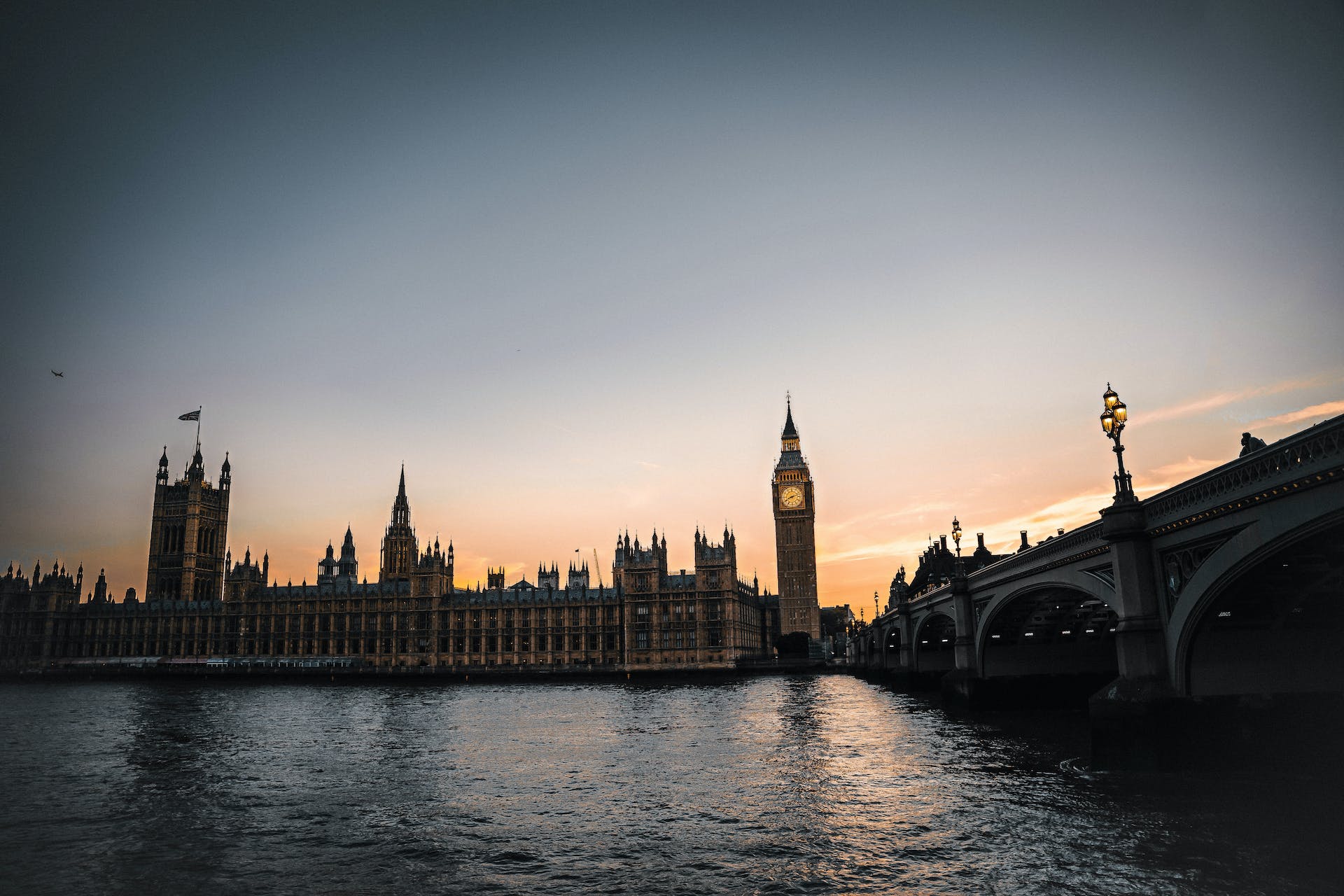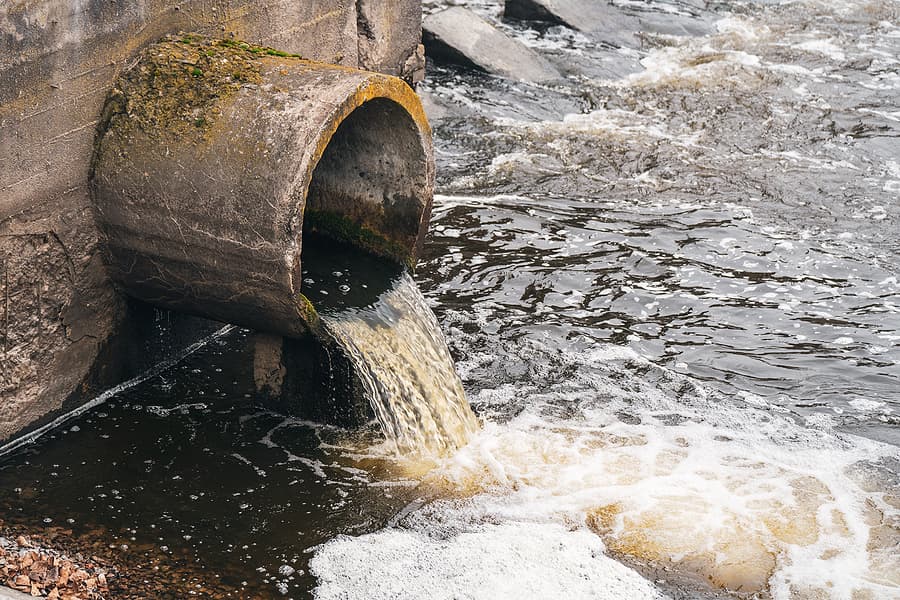Business water users should never just pay for water and forget about it. There are many things to think about when asking if you get value for money.
Price alone is not the only consideration. If your water supplier is not playing its part in looking after the local environment, you may think of changing water supplier. After all, you should not be paying them just so their bosses can pocket huge salaries.
The issue of river pollution from sewage spills is a prime case in point and has been a hot potato in recent months. It may be the water close to your business and where you and your staff live that is in a bad state, thanks to the very company you use. Are they really spending enough on the problem with all the money rolling in from homes and businesses?
Ofwat Gets Tough
If that sounds harsh, it would appear justified judging by the huge fines that have just been handed out to some water companies over pollution incidents. Water regulator Ofwat has proposed to levy fines totalling £168 million on three companies, subject to public consultation.
Under these plans, Northumbrian Water will be fined £17 million, Yorkshire Water £47 million, and Thames Water a massive £104 million.
Among the key findings of an Ofwat investigation was that the three firms had “failed to ensure that discharges of untreated wastewater from storm overflows occur only in exceptional circumstances, which has resulted in harm to the environment and their customers.”
In addition, there had been a “strong correlation” between spills and a lack of maintenance at wastewater treatment plants, and failure to “upgrade assets” to maintain water cleanliness amid the “changing needs” of the regions they served.
Finally, the trio had “been slow to understand the scope of their obligations relating to limiting pollution from storm overflows” and had not shown they had either the information or processes in place to meet their obligations.
It was simply the variations in the extent to which each of the companies had offended that accounted for the differences in the proposed fines, Ofwat stated.
Describing these shortcomings as a “catalogue of failure,” Ofwat chief executive David Black said: “The level of penalties we intend to impose signals both the severity of the failings and our determination to take action to ensure water companies do more to deliver cleaner rivers and seas.
Could Thames Now Sink?
It is all stern stuff, but behind the determination of Ofwat to punish the firms lurks some uncertainty about the steps being taken and a potential problem for customers.
While many campaigners and the firms and households that make up the customer bases of the water companies have been angry about the sewage spills, there are some concerns that huge fines might reduce the resources available to water companies to fix the issue.
Speaking to the BBC, managing director at consultancy Berkeley Research Group Colm Gibson, himself a former water company executive, warned that Thames Water is in a “particularly precarious financial position” and is seeking urgent funds from private equity investors to stay afloat.
He added: “If it has to pay this fine on top of all the others, that just makes the task harder, and it is already a difficult task.” According to the Ofwat announcement, the £104 million fine equates to nine per cent of Thames Water’s turnover.
This issue might affect other companies too, with further Ofwat investigations meaning there may be several more big fines on the way for various suppliers across the country.
How Can Improvements Be Paid For?
In response, water companies have been pushing for larger increases in water bills to raise funds for the necessary improvements. But while they want to push them up by 44 per cent – about £191 per customer – Ofwat has limited the permitted increase to £99. Perhaps ironically, 44 per cent is how much less spillage Ofwat wants by 2030 compared with 2021.
There are, of course, other factors at play. There is always public and press anger when large chief executive salaries and bonuses are announced with no apparent means of preventing them (shareholders can, of course, curb these, but as long as they get their dividends they may see no reason to do so). But this increases the pressure for action.
Alongside this is the fact that a new government has just taken office, promising to overhaul regulation of the sector.
However, as the row between the existing regulatory authority and the water companies shows, there is already some strong regulation faced by stern resistance. That may mean the greatest power to punish failure remains with those customers who can vote with their feet.



